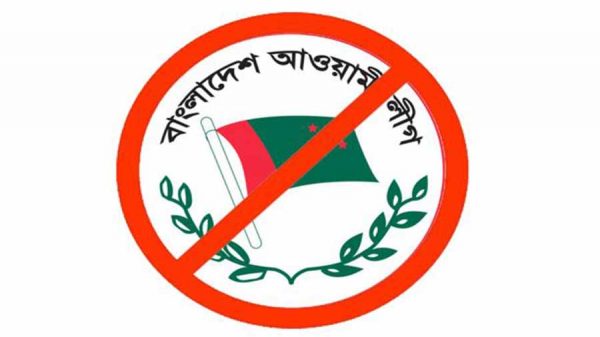Govt empowers ICT to ban political parties, cancel registrations, seize assets

Shawdesh Desk:
The interim government has amended the International Crimes (Tribunals) Act, 1973, granting the International Crimes Tribunal the authority to ban political parties, cancel their registrations, and confiscate their assets if found complicit in crimes against humanity.
The second amendment to the Act redefines ‘organisation’ to include political parties and their affiliated, subordinate, or associated entities, as well as any group of individuals that supports or propagates their activities.
The ICT now has legal jurisdiction to hold entire organisations accountable — not just individuals — for July mass uprising related crimes during the ousted Awami League regime.
The amendment, enacted overnight, came hours after the interim government imposed a nationwide ban on all activities of Bangladesh Awami League.
The dramatic decision followed days of escalating protests by students of July mass uprising movements demanding legal action against the party for its alleged role in July atrocities.
Demonstrators led by National Citizen Party leaders Nahid Islam and Hasnat Abdullah had gathered outside the chief adviser’s residence and later converged at Shahbagh, a historic centre for political mobilisation in Dhaka.
The decision was approved at an emergency meeting of the advisory council, chaired by chief adviser Professor Muhammad Yunus at his official residence in Jamuna. The meeting also endorsed changes to the ICT Act to allow prosecution and punitive actions against political parties as legal entities.
Law adviser Asif Nazrul, speaking at a post-meeting briefing on Saturday night stated, ‘This amendment now enables the prosecution of organisations where credible evidence of institutional complicity in crimes against humanity exists.’ He also confirmed that the law ministry issued a gazette notification late Saturday formalising the changes.
Asif Nazrul added that under the Anti-Terrorism Act, all activities of the Awami League — including digital platforms — would remain suspended until the completion of ongoing trials of its senior leaders before the Tribunal.
This amendment marks the first time a legal mechanism has been created in Bangladesh allowing for the collective accountability of political entities in the context of international crimes — a development likely to reshape the country’s political landscape in the coming months.























Leave a Reply